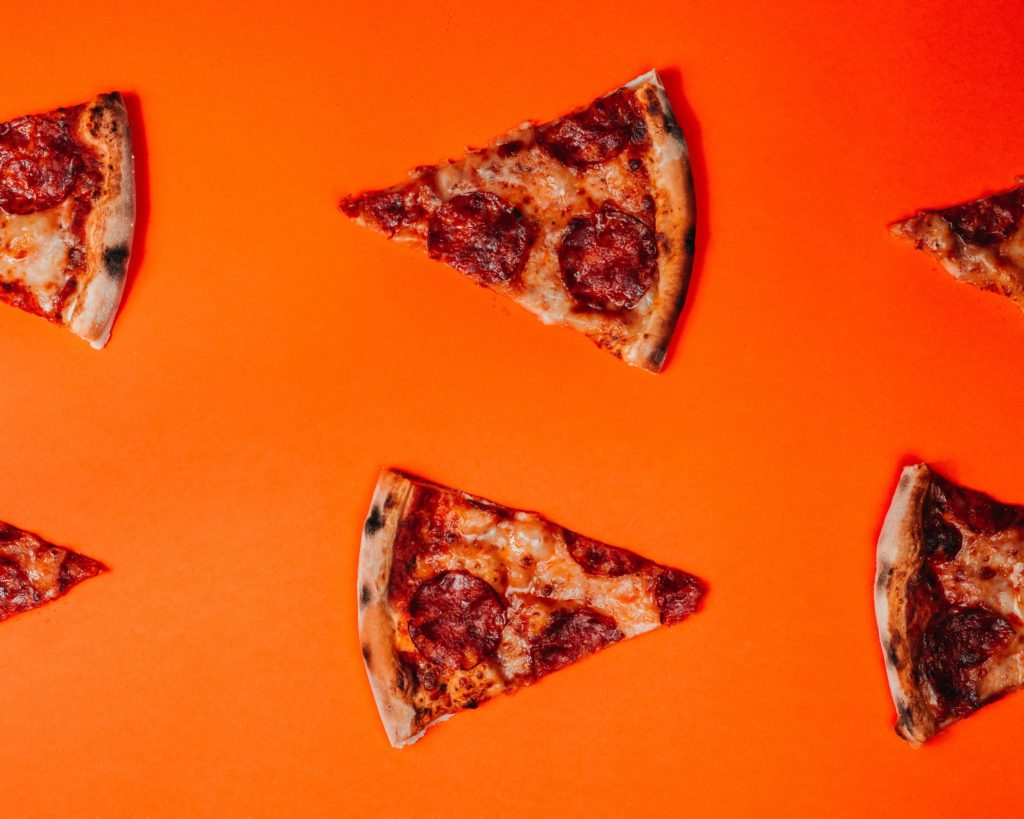What is your favorite food? Pizza, tacos, pasta, sushi, Chinese food, etc., we all have a preference in what we eat every day. There are so many options we can choose from, but did you know that seafood, specifically blue-backed fish, could help improve your mental state?
Contents
Is Blue-Backed Fish Helpful for Depression?

Blue-backed fish is a distinguished category of fish used in Japanese cuisine, usually white meat fish, that tends to be fatty and have a lighter flavor.
A team at the National Cancer Center Japan published research on how people who consumed blue-backed fish were at less risk for depression. This is because the omega-3 fatty acids in blue-backed fish (such as mackerels and sardines) are known to reduce the risk of depression.

Omega-3 fatty acids have the following characteristics:
- An Anti-inflammatory
- A Neuroprotective
- Regulates the immune system
- Regulates neurotransmitters
Much research is ongoing on whether this is effective for depression and if there’s any relevance between omega-3 fatty acids and depression.
The human body cannot naturally produce omega-3 fatty acids, so the only way to gain their benefits is by consuming them. It’s an essential nutrient for us to live a healthy life. Omega-3 fatty acids also oxidize very fast so it is recommended to consume them with foods rich in beta-carotene such as green peppers, carrots, and pumpkins.
Be Careful of How Much Oil You Use!

Research conducted by a Japanese team took 1181 mid-aged people to observe the effects of omega-3 fatty acids. Results showed that it did reduce the risk of depression, but on the other hand, after a certain amount consumed, there was no further effect. This is because the effects of omega 3 fatty acids can be neutralized by omega 6 fatty acids.
Omega 6 fatty acids, similar to omega 3, are nutrients that the body cannot self-produce. Soybean oil and sesame oil are known to contain omega 6 fatty acids. People who end up consuming high amounts of omega 6 fatty acids are usually getting it from eating a lot of stir fry foods.
Omega 3 and 6 work in a way that cancels out each other if one is consumed at a higher rate. Both contain an important nutrient value, but an unbalanced intake is tied to the risk of various lifestyle diseases. As a measure, Omega 3 and 6 should be taken at a rate of 4-5:1.
People With Depressive Tendencies Choose Fast Foods

On the other hand, an unhealthy diet makes us prone to the risk of depression.
A study that followed 12,000 people for 6 years concluded that high consumption of the following foods resulted in a higher risk for depression in people:
- Processed Meats
- Sausages
- Drinks with high sugar content and desserts
- Junk food
These foods contain trans fatty acids also known as trans fat. The high intake of it is thought to contribute to depression.
According to the World Health Organization (WHO), trans fat should only consist of 1% of your daily total food intake as a measure. Be mindful of ingredients that are considered unhealthy when consumed excessively.
Diets Change Our Mental and Physical Wellbeing
The charts below round up the categories of foods according to the nutritions mentioned above. (Figure 1 & 2)
.jpg)
.jpg)
There are other foods also known to help our mental wellbeing.
We’ve touched upon this topic before in our past post, but berries are great for our health!

Our everyday diet plays an important role in determining our health. A long continually sustained healthy diet is essential in keeping our health optimal.
Reflect on your eating habits and tendencies. A small shift and understanding in your diet can create a big change for a better future.
Looking to improve your mental wellbeing? Try the SELF MIND app FREE for 1 week!
If you’re looking for more tips on how to care for your mental health, check out some of our past blog posts!
Reference:
Okada, H., Hagiya, K., Ishihara, S., Taniguchi, K., & Nakajima, S. (2008). Research on What People Like to Eat and It’s Relation to Mental Health. The Proceedings of the Annual Convention of the Japanese Psychological Association, 72(0), 2AM036. https://doi.org/10.4992/pacjpa.72.0_2am036



